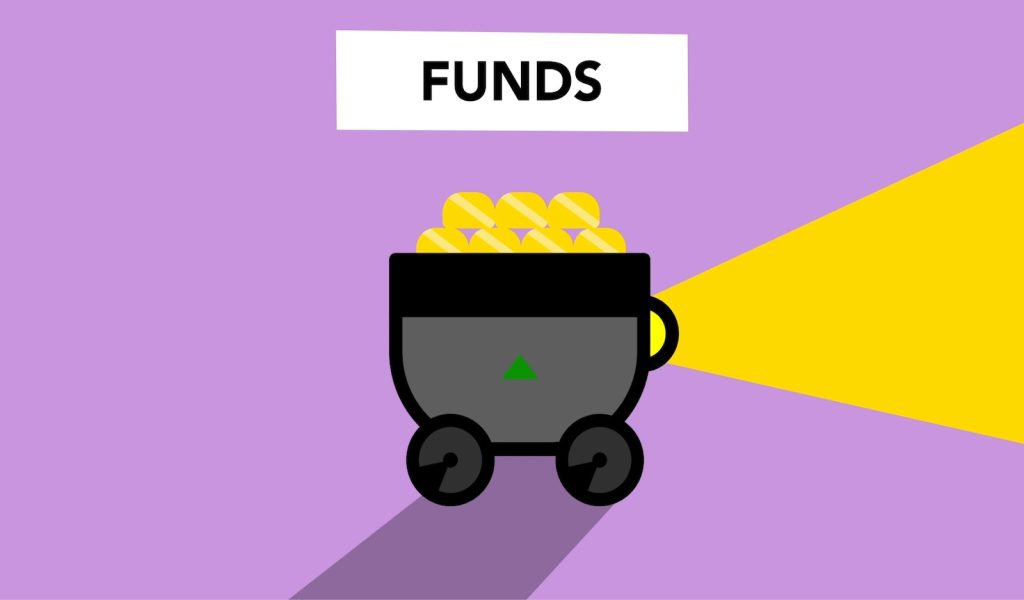Meet Evelyn: the curious mind behind the bustling 4-year-old ethical spending blog, where money meets morals and where dollars dance with dilemmas. Today, she embarks on a rambunctious ride through the maze of ethical quandaries in the ever-evolving landscape of money management apps. Buckle up and enjoy the ride!

It’s 2023, and our relationship with money has never been more intertwined with technology. From the advent of cryptocurrency to the meteoric rise of fintech startups, our pockets have transformed into data-driven treasure chests, and money management apps have become our trusty digital sidekicks. But as we tread into this digitized realm of financial management, we mustn’t forget to navigate the ethical minefield that often lies beneath the glitzy surface.
In this not-so-distant world of fintech frenzy, let’s talk about the elephant in the room: data privacy. Oh, the perils of digital footprints! While tracking our every expense and analyzing our spending patterns can be a godsend for keeping our budgets in check, it also means surrendering a hefty chunk of our privacy at the altar of convenience. Take, for instance, the infamous data breaches of yesteryears. Remember the Great Equifax Fiasco of 2017? Evelyn certainly does! She’s not quite ready to trust any random app with the intimate details of her financial life just yet.
To shed some light on the complexities, let’s talk about the notorious case of ‘SpendRight.’ Remember that flashy, user-friendly expense tracking app that promised to be the genie in the bottle for frugal spenders? As it turns out, our dear SpendRight wasn’t exactly a saint. A glitch in their system leaked user data faster than a sieve leaks water, leaving thousands of users vulnerable to the lurking eyes of cyber pirates. Now, Evelyn isn’t a pessimist, but she sure does think twice before handing her financial reins over to any old app claiming to be the next best thing since sliced bread.
But it’s not just the ghastly ghosts of data breaches that keep us up at night. What about the questionable ethics of persuasive design? Those nifty little features crafted to keep us hooked, reeled in, and addicted to monitoring every cent we spend. Think about the subtle nudges that encourage us to splurge just a little more, playfully whispering, “You deserve that extra latte!” or “Go on, treat yourself to that vintage vinyl.” Oh, those sweet little deceptions disguised as helpful nudges! Evelyn chuckles at the thought of these mischievous app designers playing mind games with our hard-earned dollars.
Let’s not forget the battle against hidden fees and shady transactions. As we juggle through the dazzling array of money management apps, we stumble upon the fine print, the labyrinth of hidden fees that silently devour our funds faster than a swarm of hungry piranhas. Take, for instance, the case of ‘BudgetBuddy’ – an app promising a utopia of financial organization. Alas, buried within its Terms and Conditions lay a sinister clause, stealthily devouring a small percentage of every transaction, leaving its users scratching their heads over the mysteriously shrinking balance. Evelyn learned the hard way that not all that glitters in the world of finance is gold.
Yet, amidst this ethical chaos, some noble knights in shining armor do exist. Take ‘ConscienceCash’ for example, a beacon of hope in the murky waters of ethical finance. With its crystal-clear policies on data security and a user-first approach to transparency, it’s managed to win over the hearts of thousands of wary spenders like Evelyn. These ethical champions remind us that not all money management apps are lurking in the shadows, waiting to pounce on our vulnerabilities. Some are genuinely striving to make our financial lives easier without compromising our moral compass.

As Evelyn bids adieu to this whirlwind journey through the ethical labyrinth of money management apps, she leaves us with a parting thought: “In this ever-evolving digital age, where our finances and data intertwine, it’s crucial to stay vigilant, to read the fine print, and to question the glossy promises that lure us in. Let’s navigate this maze with our eyes wide open, our wallets guarded, and our moral compasses pointing true north. After all, every dollar spent is a choice – let’s make it an ethical one.”
As the dust settles and Evelyn’s quirky anecdotes fade into the background, we’re left pondering the complex relationship between ethics and finances, a delicate dance between trust and skepticism, and the perennial quest for a money management app that truly has our best interests at heart.

































